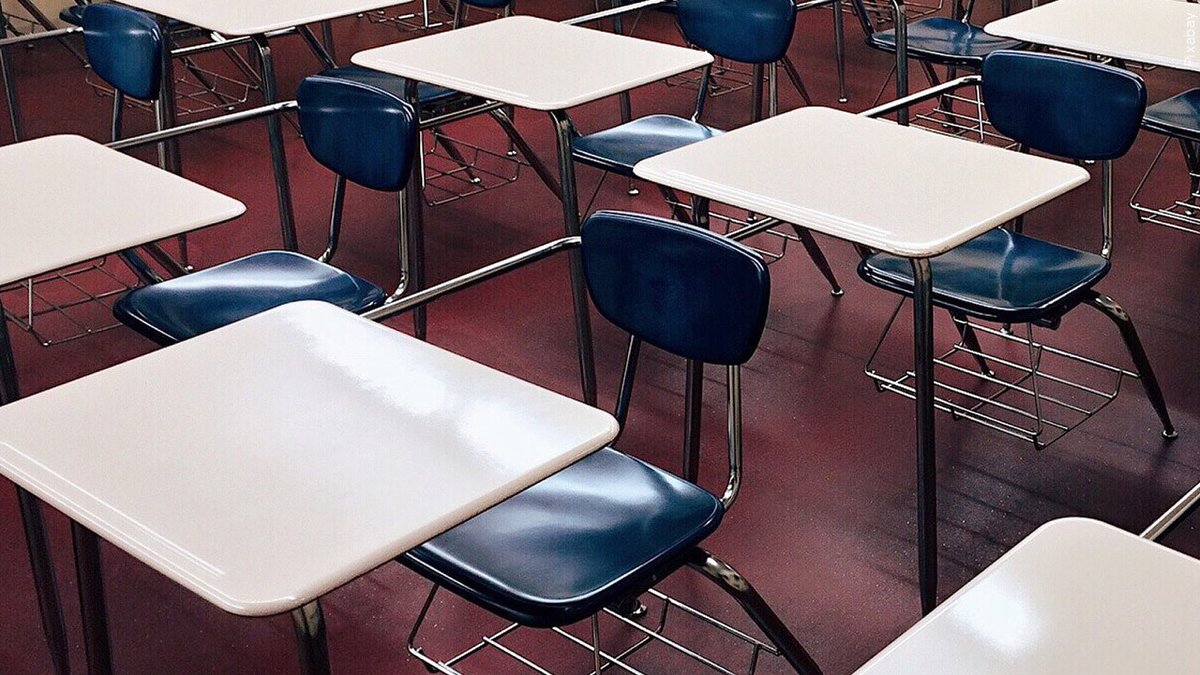Attendance policies disproportionately harm disabled students. Photo courtesy of Action News 5.
BREANNA WILSON | OPINION COLUMNIST | bcwilson2@butler.edu
We all lived in a time when attendance was mandatory and celebrated, until the pandemic in 2020. With a shift from in-person to virtual learning, there has been growing acceptance and leniency towards those who cannot attend in-person classes, but this brings up a more serious question. What about those who have been affected by these policies before the pandemic? Why did it take a pandemic for people to become more understanding and not invalidate those who are absent?
Attendance policies are discriminatory and essentially set up for students with a disability to fail. Students with disabilities are not always able to attend class due to issues caused by their disability. Examples of this could be low blood sugar, chronic pain, anxiety, depression and many more. Most of these issues are out of student’s control, yet they are not always given the proper accommodations to be able to keep up with their classes. This is blatant discrimination.
In my case, I have struggled with attending class due to my disabling chronic illness since my freshman year of high school. Many of my peers and teachers did not understand why I was excused from attending class, and it affected my relationships with my teachers greatly. Being called “lazy,” “not prepared for college” and so many other phrases led to me believing that my disability was a burden. Worrying about how I will make up my work, keep up with the course content and handle invalidation from faculty and peers became a new norm for me like many other students.
From my experience, almost every course I’ve had on Butler’s campus has an attendance policy highlighted in the syllabus. Most of the time these policies only allow you to miss a set amount of in-person instruction before you receive some sort of penalty, regardless of illness or personal issues.
Helen Didier, a senior secondary education major, has had their grades negatively impacted by ableist policies, such as point deductions, that hinder their ability to keep up in class.
“Many professors are hung up on attendance policies and unwilling to put in the work to make accommodations for students who are just trying their best to succeed despite their circumstances,” Didier said.
Attendance policies have affected people with disabilities negatively, and instead of supporting students with a disability, Butler exacerbates the struggles of students with a disability.
Mackenzie McQueen, a senior gender, race, and sexuality major who has attendance accommodations, shared their experience as a former biology major.
“I feel like overall, attendance policies, in general, are ableist across the board, but I feel like they are definitely harsher in the sciences,” McQueen said.
Many of the science courses at Butler are an intense time commitment due to the fact that they feature both a content-heavy lecture and lab. This makes it even harder for students to keep up with their work if they don’t receive an accommodation.
On campus, Butler students are able to get accommodations through Student Disability Services, but what does that process look like? Unfortunately, the process of getting an accommodation is more difficult than simply presenting a doctor’s note.
Anna Gritzenback, a first-year exploratory major, has experienced not having her needs met when it came to her ability to attend class due to her diabetes.
“The accommodations I get right now are only for testing, and I think that’s standard for most diabetic students,” Gritzenback said. “None of my accomodations have to do with missing class because my blood sugar is low.”
Didier has experienced this struggle firsthand with one of their professors.
“Last semester, I had a professor with a really strict attendance policy,” Didier said. “You were allowed absences, but then after that, your grade would drop a third of a letter grade every subsequent absence no matter the reason. I loved that class, and my participation was stellar, but I had reached my two absence limit … and my grades suffered because of that.”
After attending the Bulldogs for Universal Design rally on Sept. 14, I learned that many students have not been able to receive accommodations for their disabilities and have to take it up with their professors. This process can be invasive and even invalidating for some.
Something to take into consideration when discussing accommodations is that many students do not know their rights. Since Butler is a private university, students are protected under title III of the Americans with a Disability Act and Section 504. Many students are not made aware of their rights, including what they do and do not have to disclose.
Though Butler has made vague statements via Instagram about creating a more accessible campus, they fail to include attendance accommodations for students as a part of that. It’s time for Butler to rethink how they go about the treatment of their students and the promises they make about their commitment to accessibility.



